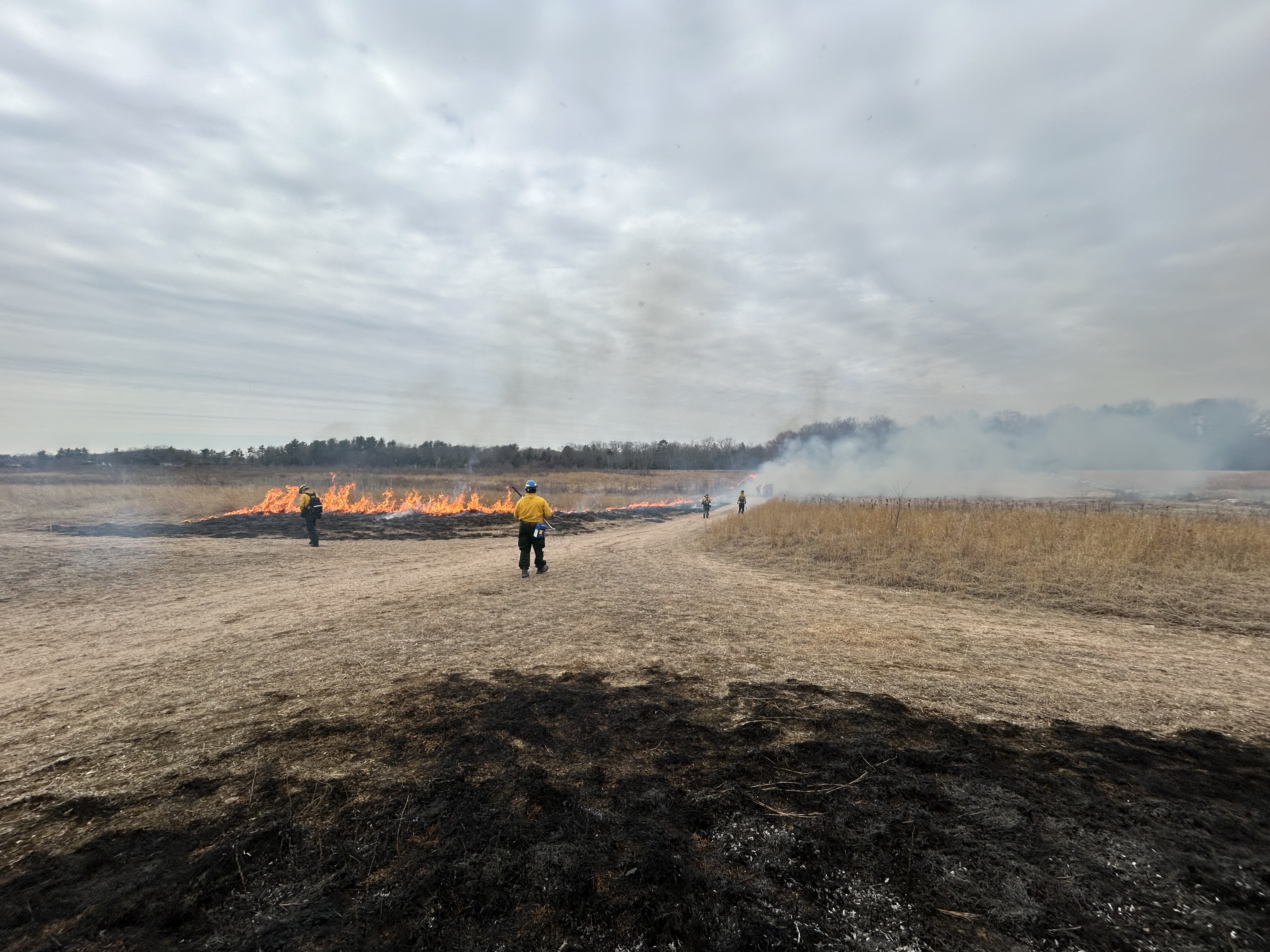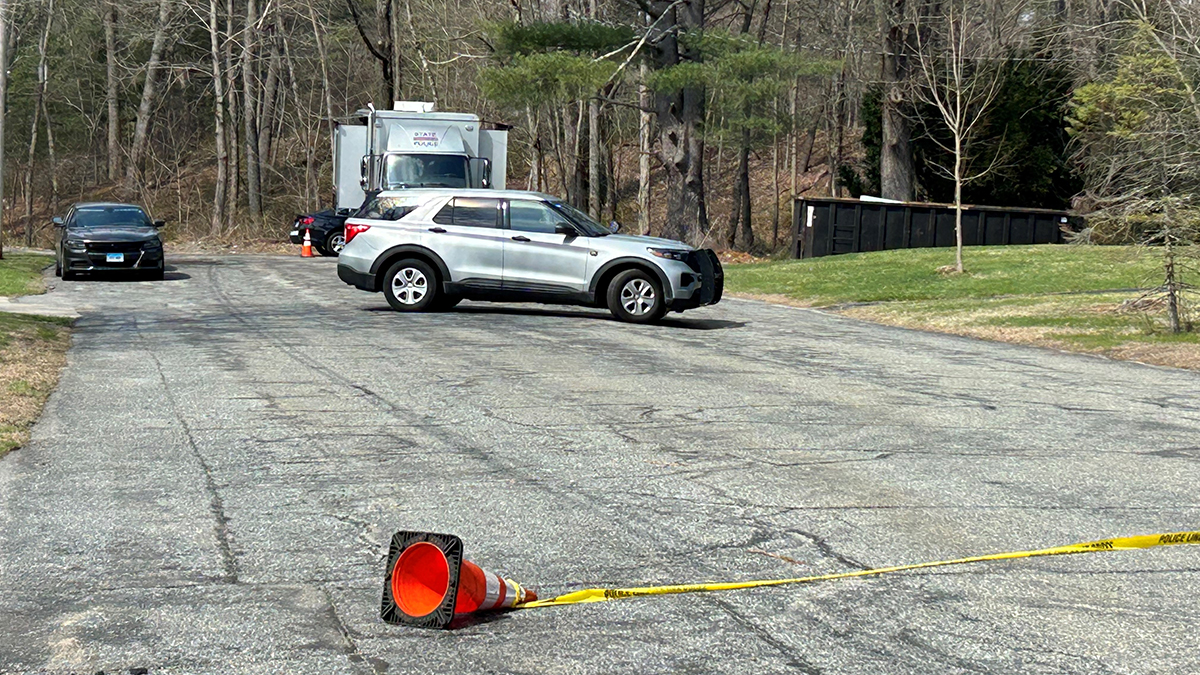As states around the country have struggled with rape kit backlogs, Connecticut stands out as a model, getting national recognition for several reforms it has made to improve the timely processing of those kits.
When a sexual assault happens, forensic evidence gets collected and processing it is a crucial step in solving the crime.
As states around the country have struggled with rape kit backlogs, Connecticut stands out as a model, getting national recognition for several reforms it has made to improve the timely processing of those kits.
At the Connecticut Forensic Science Laboratory in Meriden, analysts process the forensic evidence gathered after a crime of sexual violence.
“This is an example of a sexual assault evidence collection kit,” Sevasti Papakanakis, assistant director of forensic biology and DNA, said. “We have a known blood sample, all the different swab, and smears from the different body areas.”
Get top local stories in Connecticut delivered to you every morning. Sign up for NBC Connecticut's News Headlines newsletter.
It is the Connecticut’s only forensic lab, and it gets sexual assault collection kits from more than 100 agencies across the state. The lab gets about 500 kits each year.
“We've processed thousands of kits over the years,” Cheryl Carreiro, assistant director and DNA technical leader, said.
Each of those kits could hold answers for survivors.
Local
“We have been able to help solve sexual assault crimes,” Papakanakis said.
The lab has a two-week turnaround time for each kit.
“We now have no backlog of sexual assault kits,” Carreiro said.
But that has not always the case.
Papakanakis and Carreiro say the quick turnaround is thanks to continued funding. They were behind efforts to secure a $1.2 million grant from the Department of Justice this fall.
“Money is a factor in the processing of these kits,” Carreiro said.
The lab got its first Sexual Assault Kit Initiative grant, or SAKI grant, in 2015. That is when state lawmakers passed Public Act 15-207, requiring quick turnaround of sexual assault evidence collection kits.
“We immediately went into the backlog and got rid of it,” Carreiro said.
In the first year after the public act passed, analysts processed 1,000 kits that police departments across the state had never submitted to the lab. The next year, they processed another 1,000 kits that were only partially tested.
“These partially tested kits were not able to go on to DNA testing, because there was no known suspect to compare it to,” Papakanakis said.
Since then, a database has been developed to record evidence tied to suspected perpetrators.
The Connecticut Forensic Science Laboratory has gotten $8 million in grants since 2015. That has enabled them to advance technology, train police and medical personnel on collecting evidence, and develop a tracking system that lets survivors follow developments in their case in real time.
“All of the kits have a barcode on them,” Papakanakis said. “Survivors don't just have the lab results as the end point. They’ll be able to track it throughout the entire criminal justice process.”
With the latest $1.2 million in federal funding, the lab will bolster personnel, buy supplies and equipment, and lead more trainings.
“What this grant is going to do is help us maintain long-term policies, and help us really make sure that we never go back to that place in time where we have unsubmitted or untested kits,” Papakanakis said.
When each box represents a person that has endured an attack, the work at the lab ultimately aims to give investigators timely results that could keep predators off the streets.
“Possibly arrest them, and that prevents them from maybe doing another sexual assault,” Carreiro said.
It is work with a focus on delivering justice for survivors.
“I think when someone undergoes a sexual assault, I would imagine that that's one of the most helpless moments of your life,” Papakanakis said. “By having our lab really function the way that it does, I feel like we're giving power back to the victims. And we are giving them answers in the time that they deserve.”



